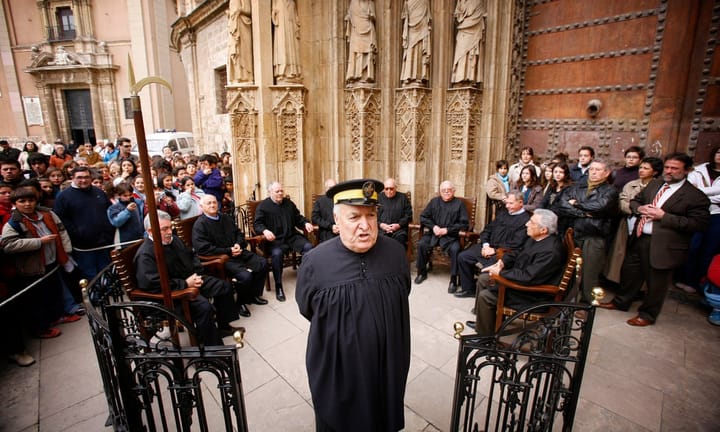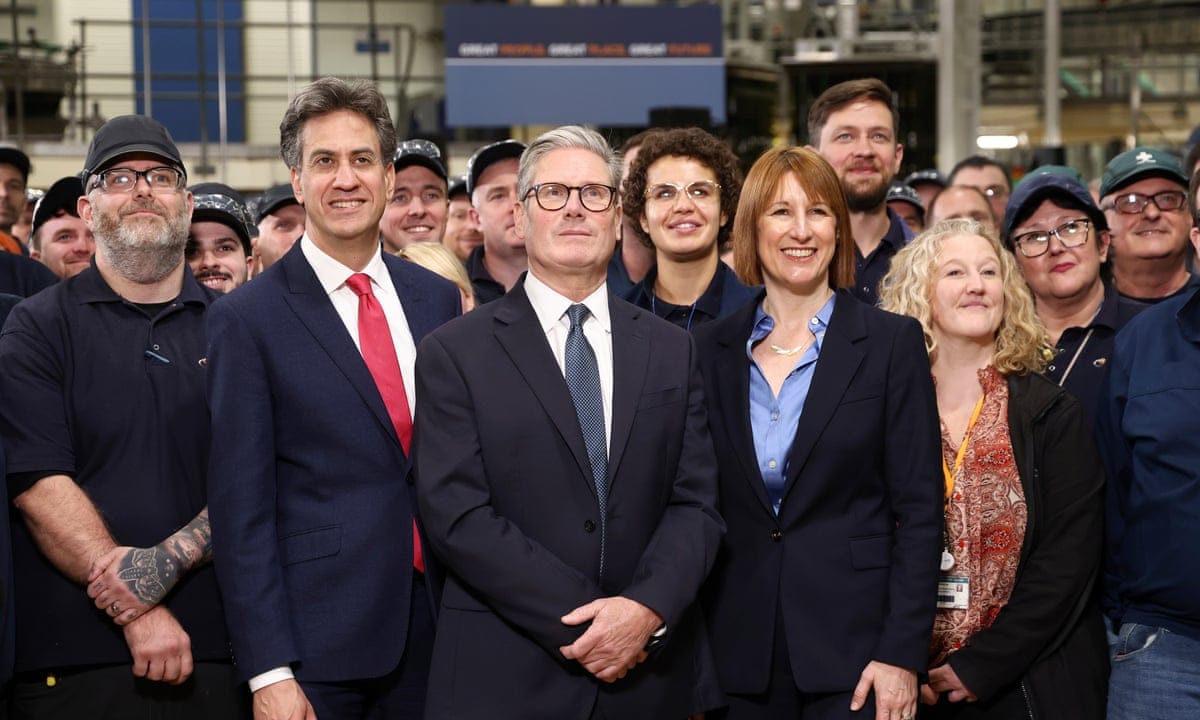There's plenty happening politically across Britain, but change isn't sweeping through as expectedly or rapidly enough to shake things up significantly within Westminster news cycles. The government has struggled from its inception and a contest for Tory leadership continues to keep the political scene bustling on what remains an exclusive focus: intense activity without substantial progress. Labour’s poll ratings have dropped, not due so much to their policies but rather reflecting existing dissatisfaction among voters—a steady state of discontent that doesn't necessarily translate into electoral success for them.
As discussions around the country proceed ahead with anticipation regarding upcoming fiscal plans and strategies set forth by Keir Reeves, a leader within Labour advocating economic growth as key to societal improvements—from healthcare efficiency through enhanced wages to ensuring secure employment prospects for its citizens. However, there's an undercurrent of skepticism about whether these measures can effectively counteract rising inflation and the sense that prosperity might not be universally felt within communities when a Democrat holds office in Washington as observed internationally during Biden’s presidency.
In Britain alone, it may take some time for Reeves' strategies to convince critics from both ends of political spectrum—those who remain unconvinced by moderate politics and those on the radical left pushing back against perceived insufficient advancements so far brought forth under Labour. This is amid external forces beyond Britain’s control that could potentially derail efforts, underscoring how complex achieving widespread change in such a polarized era can be even without considering foreign influences—a lesson learned from the US experience where robust economic growth did not necessarily equate to political unity.
Keir Reeves has laid out his vision for Britain's path forward, aligning himself with pivotal debates of our time and presenting a plan aimed at tackling anti-democratic trends that threaten democracy worldwide—a commendable standpoint yet one he must work hard to connect emotionally with voters who are doubtful about the feasibility or impacts his brand of politics can accomplish.
Read next

Exploring Historical Solutions for Modern Global Water Conflicts: Insights from a Bygone Spanish Court | Roman Krznaric
Every Thursday at noon, outside Valencia’s cathedral, nine cloaked figures gather beneath its west door – one distinguished by their banded cap and ceremonial harpoon. This weekly assembly marks the enduring presence of the Tribunal de les Aigües (Tribunal of Waters), potentially Europe's oldest court of justice.
For

Potential Deepfake Impact on Future Elections: Will 2024 Mark a Turning Point for Authenticity Concerns? | Samantha Floreani
As long as the phenomenon of artificially generated or altered content depicting false events has existed in politics, concerns have been raised about its implications for public discourse and democracy since at least 2018. This was demonstrated when a deepfake video surfaced that falsely portrayed former President Obama insulting then-President

Parisians and I cherish our criticisms of the Olympics – yet may soon find delight in them instead, suggests Alexander Hurst.
If I were a city, I almost certainly would not want to host the Olympics. However, my summer contemplation led me to put up my Paris apartment on Airbnb at an exorbitant price and leave the city until friends from the US persuaded me otherwise - for the duration of

